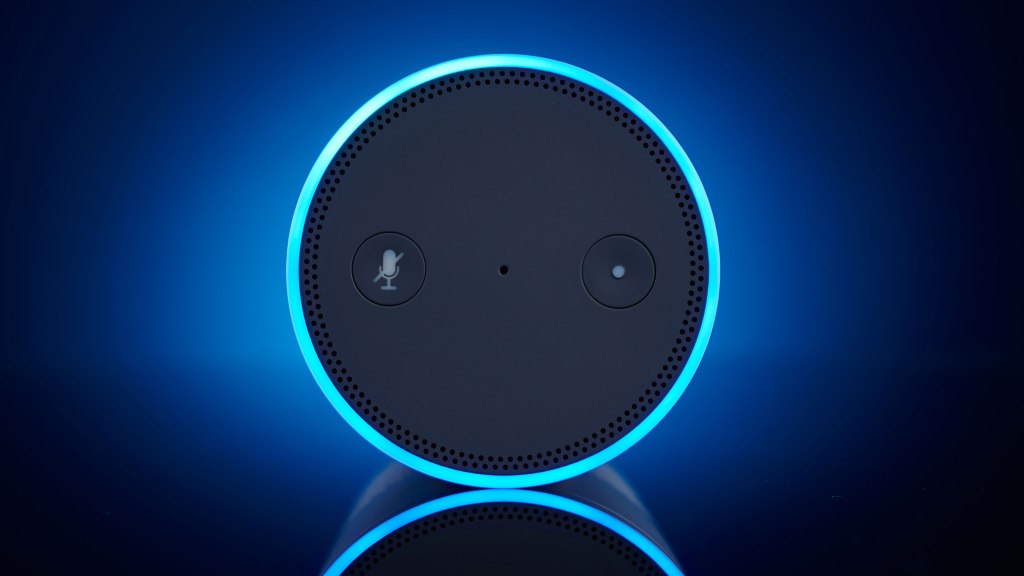Amazon wants to make its virtual assistant Alexa available on more devices, instead of just its own hardware. To that end, the company today is broadly opening up access to developer tools that will allow commercial device makers to build products powered by Alexa. With the launch of the Alexa Voice Service Device SDK toolset, companies can add a fully functional version of Alexa to their devices that’s able to handle speech recognition, as well as other Alexa functionality, like streaming media, using timers and alarms, notifications, weather reports, and accessing the thousands of voice apps, known as Alexa skills.
The SDK was previously available in an invite-only developer preview period, says Amazon. During this period, over 50 commercial device makers have been working to add Alexa to their products.
Amazon highlighted a few of these initiatives in a blog post for developers this morning, including Technicolor, which is adding Alexa to its Home Networking Gateway and Extender; and Berlin-based smart home device maker, Senic, which is adding Alexa to COVI, its smart home hub.
The company has for some time pursued a strategy where access to Alexa functionality – and even technology for building voice-powered devices, like the microphone array – is easily accessible. The goal, simply, is to bring Alexa to as many devices as possible as something of a land grab in the nascent voice computing market.
The same goes for this Alexa Voice Service Device SDK, which is now open to all developers through a free, open source license on GitHub. The SDK rounds out a suite of developer aids, which also includes hardware development kits, APIs, and documentation on how to create Alexa-enabled products.
Already, we’ve seen some examples of Amazon’s strategy in action, as with the Huawei Mate 9 smartphones, which includes Alexa as a voice assistant option; the Ecobee4 smart thermostat; the Triby internet radio; as well as other devices, like speakers, alarm clocks, intercoms, and even smartwatches. Meanwhile, Amazon is broadening its own lineup of Alexa devices, with new speakers with additional features – like the camera on the Echo Look or the screen on the Echo Show.
Not all of these Alexa-powered devices will break out the way the Echo did, but it’s a strategy worth pursuing – one where Alexa’s platform is like Android OS for the voice computing world, giving it a chance to retain its lead in terms of market share and users.































Comment